Strict input
Residency is considered the most rigorous post-graduate exam today, as each doctor can only take the exam once in their life, right in the year they graduate from university, to choose a specialized training major.
If they fail this exam, to become a doctor in a certain specialty, they must take the first specialist exam, the second specialist exam, and study for a master's or doctorate. Resident doctor is not just a title, but it is truly prestigious because of the strict requirements from the entrance exam to the training program.
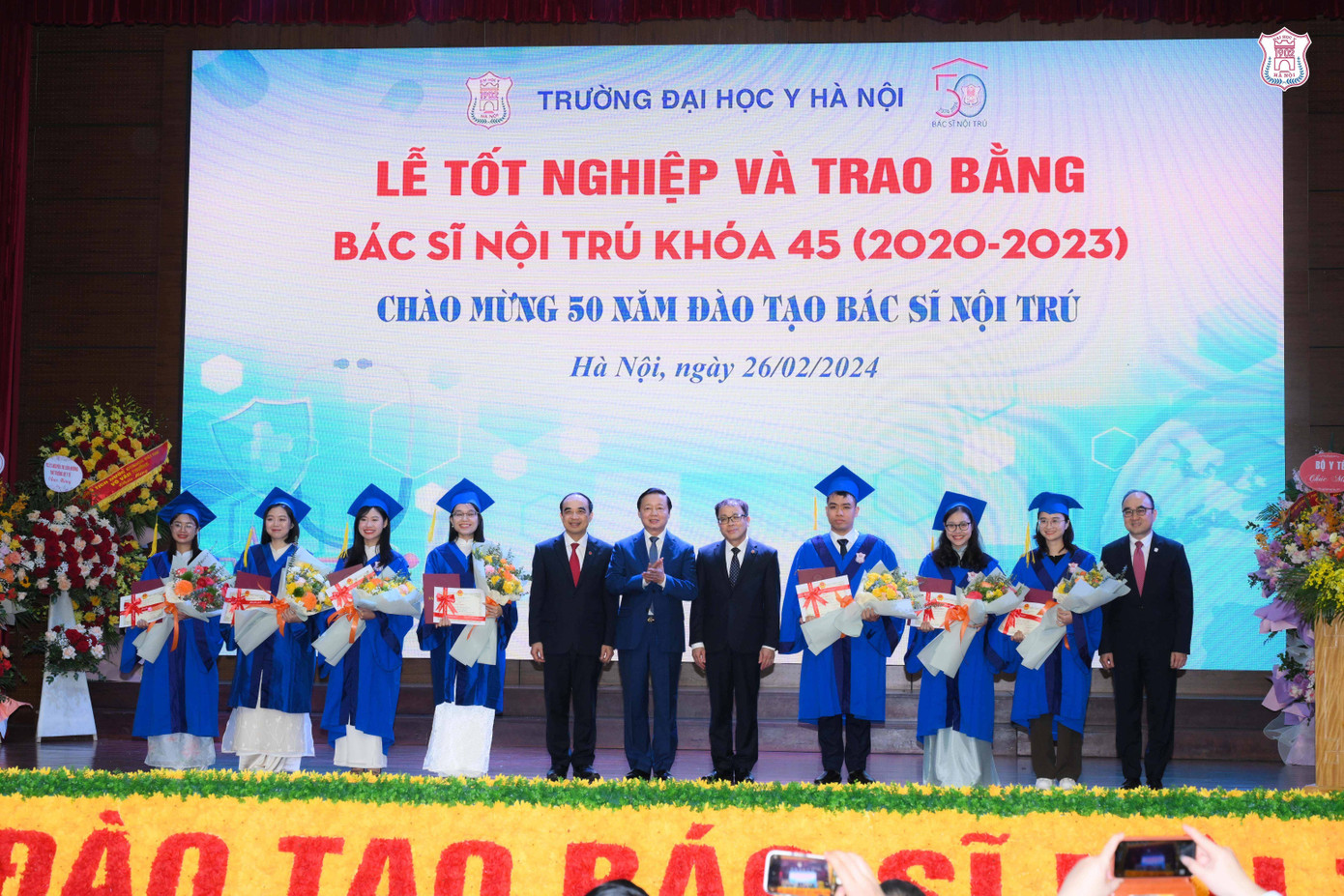
To participate in residency training, graduates of Medicine, Traditional Medicine, and Dentistry at health training schools are required to take the entrance exam immediately after graduation.
Recently, Hanoi Medical University has expanded this exam to students graduating from other medical schools across the country. The exam is usually held in August every year, only for students graduating that year. If admitted, university graduates will become resident doctors with a full-time training period of 3 years at the school and practice facilities.
Before 2016, candidates taking the residency exam registered their major preferences before taking the exam. Since 2016, Hanoi Medical University has innovated its training program and expanded its enrollment quota. Candidates choose their majors based on the results of this exam (get the score first, then choose the major).
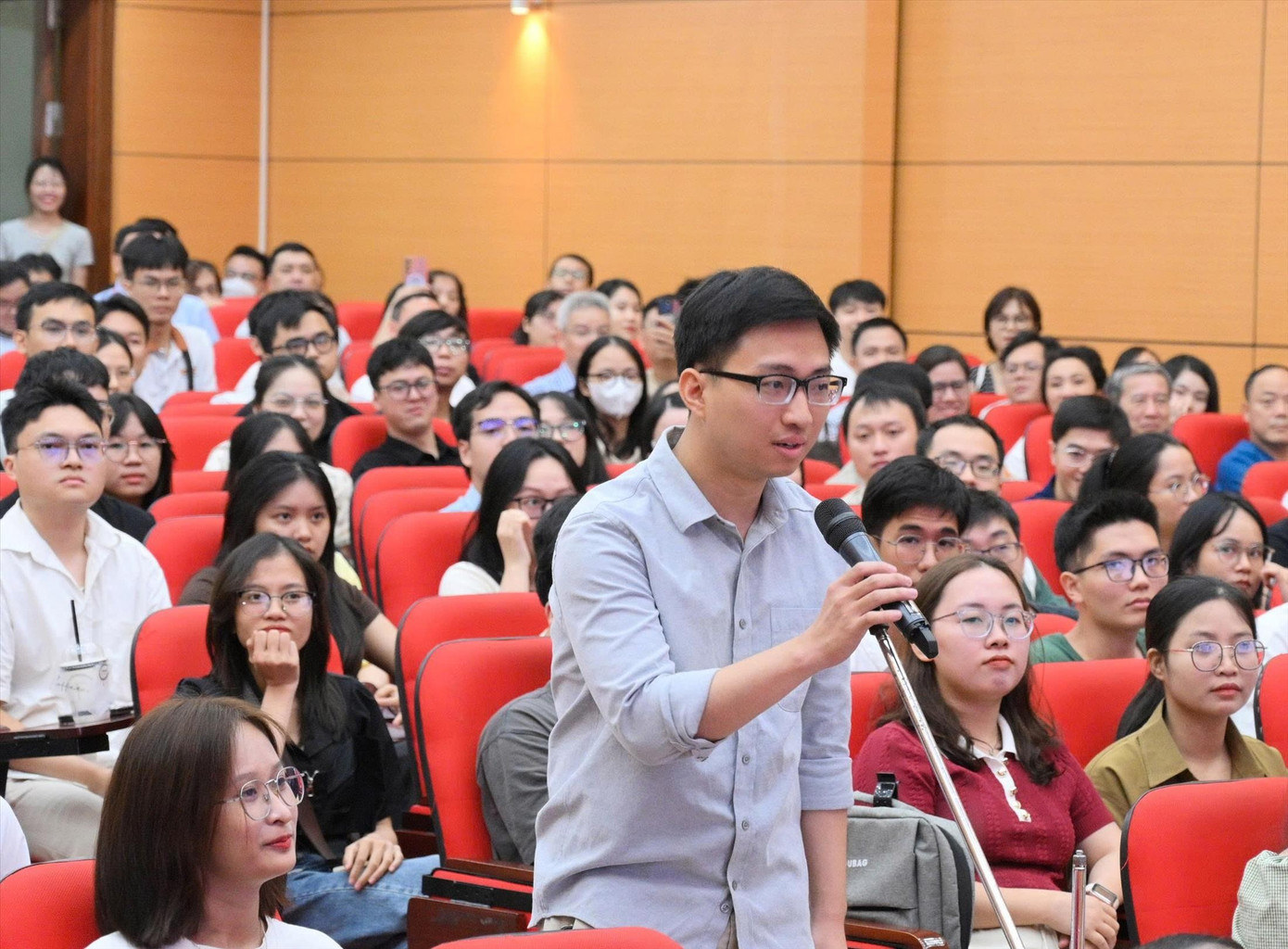
In 2025, Hanoi Medical University will enroll 426 resident physicians for 38 training majors. 952/1009 candidates from 14 domestic health training institutions registered to take the exam. As a result, 690 new doctors were qualified to continue to the selection round for resident physicians.
At Matchday, with 1 wish/candidate, in order starting from the candidate with the highest score until the quota is full. The quota for each major is limited, with few majors having about 2-3 quotas, and many majors having about 30-40 quotas.
Therefore, the higher the score, the more likely the candidate will be admitted to their most desired choice. Matchday is not only a day for registering for a major, but also considered a coming-of-age ceremony, where new residents take their first steps on the path to building a career in medical examination and treatment.
A doctor who studied plastic surgery residency shared that the year he took the exam, there were only 2 spots for plastic surgery and luckily he was one of the two who passed. After finishing the residency exam, he left his backpack in the exam room because he had to concentrate on remembering a lot of knowledge.
“Three years of medical residency, sometimes driving to Uncle Ho's mausoleum in the evening felt like going on vacation . That said, the three years of medical residency were very stressful,” said the resident doctor.
Face of the "hot" industry
The most intense stage is when candidates decide which major to study. Normally, each doctor will have a few wishes planned before entering Matchday. Here, each new resident doctor has 30 seconds to make a direct decision on choosing a major based on the majors that still have quotas. When the time is up, if the candidate does not make a choice, it is considered that they have given up the right to study as a resident doctor and once the choice has been made, there is no right to change.
This year’s Matchday, through the selection of doctors with the highest scores in the exam, shows that obstetrics and gynecology, plastic surgery, anesthesia and resuscitation, cancer… are the “hottest” majors. Interestingly, the two majors of obstetrics and gynecology and plastic surgery have strong competition for the position of candidates with the highest scores in the top list of attractiveness.
Because each major has a certain quota, if the candidate with the highest score has already chosen all the majors he/she wants, the candidates with lower scores will have to choose the majors that still have quotas. Therefore, those with low scores must prepare 4-5 wishes in advance.
The person with the privilege of placing the first wish this year, the new doctor Vu Ngoc Duy (top scorer in the school's residency entrance exam) chose obstetrics and gynecology. The next person, the new doctor Hoang Mai Phuong (second place winner) chose plastic surgery. The third person, the person with the third highest score in the exam, the new doctor Nguyen Thu Thuy, chose obstetrics and gynecology. The fourth person, the new doctor Dinh Duy Khuong, chose plastic surgery.
The two majors of obstetrics and gynecology and plastic surgery quickly ran out of quotas right from the first batch of candidates who registered their applications. With 6 quotas, the plastic surgery major was already full by the candidate with the 26th highest score. The obstetrics and gynecology major had 13 quotas, and by the 33rd batch of candidates who registered their applications, the quota was also full.
In addition to the above two majors, some other majors are also classified as "hot" majors when recruiting enough in the group of 100 candidates with the highest scores: anesthesia and resuscitation; cancer.
In addition to the above 4 majors, there are 3 other majors chosen by many candidates in the group of 50 candidates with high scores: diagnostic imaging, internal cardiology, and pediatrics. The situation of choosing a residency major for new doctors this year has changed significantly. 5-7 years ago, dermatology was a phenomenon when it was chosen by many candidates with high scores.
Some majors are considered less attractive but are still chosen by high-scoring candidates (top 150): emergency resuscitation, neurology, psychiatry, nuclear medicine, pathology... These non-trendy choices often stem from the student's deep love for the profession.
It can be seen that the activity of "pairing" people - professions through direct form - will have new doctors who, due to low exam scores, will not have the opportunity to choose their favorite profession because the quota is full.
The message throughout many years of the Board of Directors of Hanoi Medical University is that every major is worth studying and researching, every contribution in the profession is noble for the health of the people. The important thing is that once you have chosen, you need to be truly determined to study and build the necessary capacity to become good experts in the field.
Assess candidates' abilities closely
Prof. Dr. Nguyen Huu Tu, Principal of Hanoi Medical University, said that the number of candidates taking the residency exam was the largest ever and the number of candidates from outside the school participating was not small (14 units).
The newly graduated doctors taking the residency exam are the first batch to study under the innovative “graduation” program with 4 years of preparation and 6 years of training. Ten years to have an innovation that changes the entire medical doctor training program and is the backbone of the school’s training.
Professor Nguyen Huu Tu affirmed that the residency exam is the first innovative exam with a question bank of up to 2,000 questions ranging from basic theory to clinical. It can be said that this year's residency exam accurately assesses the candidates' abilities.
Sharing with the new resident doctors, Professor Nguyen Huu Tu said that in life, people choose their profession, but sometimes the profession chooses them. “When we take the residency exam, the quota is very small (usually about 15 - 20 quotas for all majors - PV), only the leader has the right to choose the specialty.
From the second person, study the major according to the assignment of the school. And the current leading professors and doctors, most of them are not the first, but I guarantee that they are very successful, love their profession and protect their profession to the end", said Professor Tu.
Mr. Tu noted that resident physician is a noble title, but the value of each person is not in being chosen first (the person with higher scores) but in practicing later. Mr. Tu informed that studying to be a resident physician is not easy, if it is easy, one will not become a good specialist.
For this year’s new residents, he advised them to prepare their health and spirit well to “fight” in the next 3 years. According to him, this is the most difficult period for a future specialist. Because residents have to meet many requirements from teachers at the hospital and school.
Source: https://tienphong.vn/doc-dao-ngay-lua-chon-chuyen-nganh-bac-si-noi-tru-cuoc-ghep-doi-truc-tiep-post1777120.tpo






![[Ảnh] Chủ tịch nước Lương Cường tiếp Bộ trưởng Quốc phòng Thổ Nhĩ Kỳ Yasar Guler](https://vphoto.vietnam.vn/thumb/1200x675/vietnam/resource/IMAGE/2025/9/11/7f1882ca40ac40118f3c417c802a80da)
![[Photo] General Secretary To Lam chairs the Politburo's working session with the Standing Committee of the National Assembly Party Committee](https://vphoto.vietnam.vn/thumb/1200x675/vietnam/resource/IMAGE/2025/9/11/e2033912ce7a4251baba705afb4d413c)





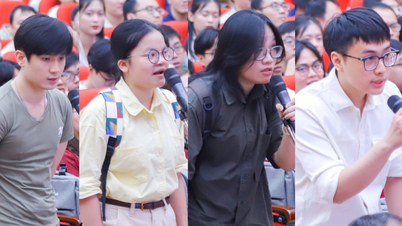
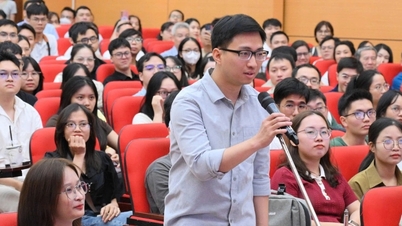

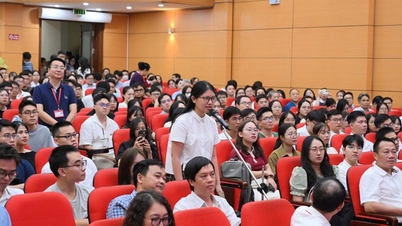



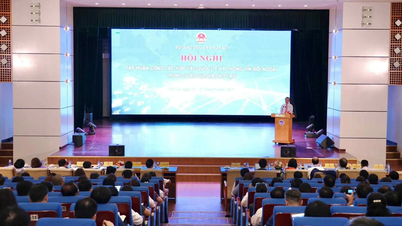



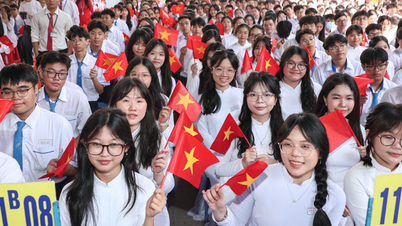











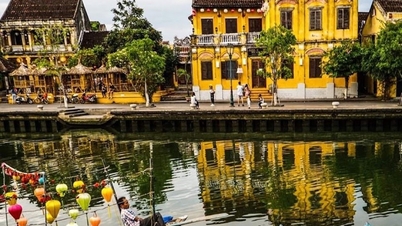


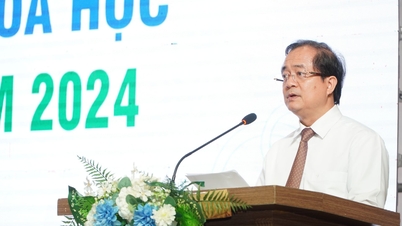









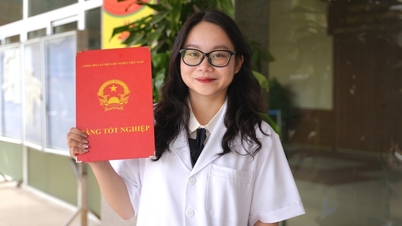






















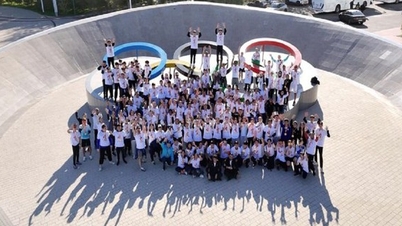



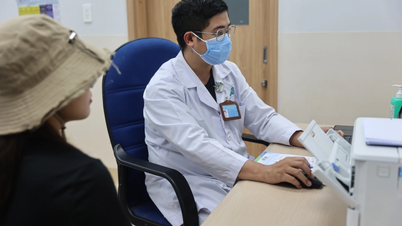



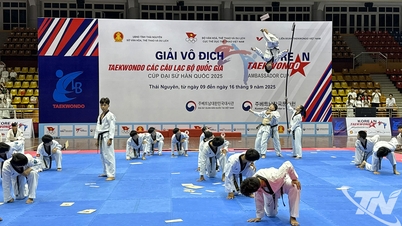

















Comment (0)